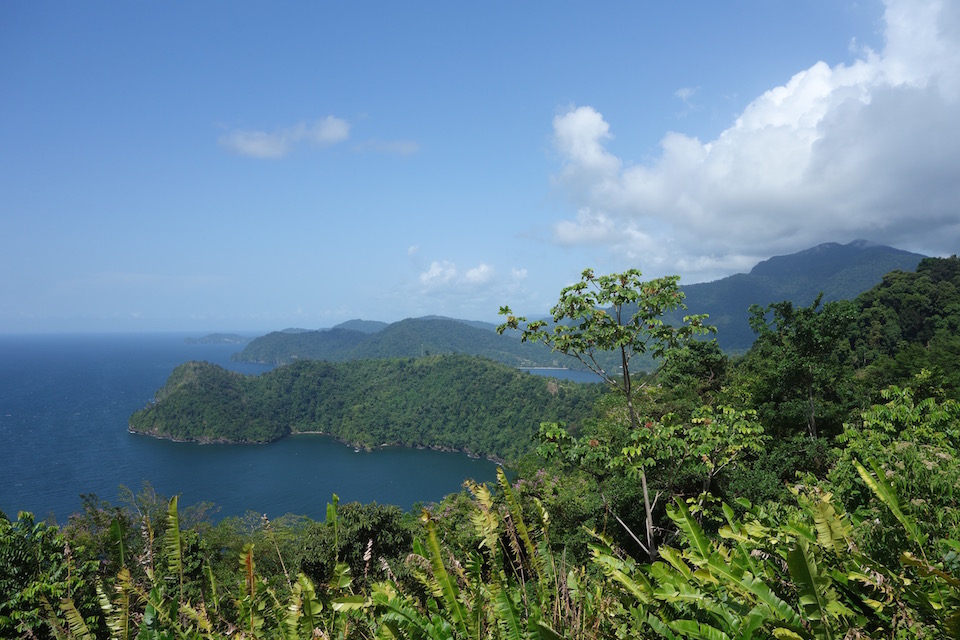By Dennis Chung
CJ Contributor
The recent impasse between Jamaica and Trinidad, arising out of the latest round of Jamaicans being not only denied entry to Trinidad but being detained in less than acceptable circumstances, has once again raised the question of the purpose of Caricom, and more specifically the CSME.
This is only the last of many incidents that have grabbed the attention of the region on this matter. The tension began in 1961, when Jamaica held a referendum which saw us withdrawing from the West Indies Federation. At that time the then Trinidad Prime Minster Dr Eric Williams appropriately said that “one from 10 leaves zero”, referring to the fact that without Jamaica the Federation would be virtually non-existent.
Since then we have been unable to see the free movement of goods and people within the region, and examples of these include:
(1) the challenges involved with exporting Jamaican products to Trinidad and Belize, especially patties;
(2) previous instances of Jamaicans being refused entry into Trinidad (I remember last year the Institute of Chartered Accountants of Jamaica sought reassurance from Trinidad that our delegates attending the Caribbean Conference would not have any difficulty with immigration because of a prior incident); and
(3) the landmark ruling coming out of the Shanique Myrie case.
In the case of the movement of goods in particular, my own view is that Caricom and the Council of Trade and Economic Development have proven to be very ineffective in addressing this issue. Countries have made commitments at the highest level that the non-tariff restrictions would be addressed, but years later the problems remain – in particular, the case of the restriction by Belize.
This recent impasse between Jamaica and Trinidad is the latest in a long line of events demonstrating the ineffectiveness of Caricom, and more specifically the failure of our governments to rectify this situation. It reflects a serious lack of leadership in the region. I am left to wonder why we are unable to resolve a matter as important as this, yet we find time to proffer solutions to problems affecting West Indies cricket; but such is the irony of our regional politics.
Once again, though, we need to question the relevance of Caricom. The recurrence of these situations creates divisiveness and drains our energy, because the failure of governments to find a sustainable solution always carries us back to the same unfortunate position.
Nonetheless, I am heartened by the stance taken by Prime Minister Andrew Holness and Foreign Minister Kamina Johnson Smith, and former Minister Anthony Hylton, as they have all stated a commitment to take firm action on this. Hylton at the time had in fact overseen rulings against Trinidadian petroleum products for rules of origin breaches under the Treaty of Chaguaramas.
Outside of these three, however, I think the other responsible people have proven to be ineffective and seem to always be seeking quiet diplomacy, while Jamaica and other countries of the region suffer. In fact, one could say that it is the failure of strong leadership on this matter that has seen the persistent failures of Caricom and our inability to move towards a true CSME.
On this recent impasse, however, I appeal to Jamaicans not to get emotional and respond like the former Trinidad National Security Minister, and also the “Donald Trump” surrogate Trinidadian talk show host. As a people we must remain above those types of responses, and understand that there are many Trinidadians who are decent people.
So we should continue to conduct business with Trinidad wherever possible, because it makes us better off financially. That is the only reason for market trade, so let us avoid emotional reactions.
I, for example, will not stop buying Trinidadian goods just because of this issue, but I have always looked for Jamaican goods over any other import, as long as they are equal in value (quality to price). This is because as a Jamaican my preference should always be for Jamaican goods, but certainly not at all costs to me personally. I therefore encourage Jamaicans to always purchase Jamaican goods over imports where they are available and of similar value.
UNFAIR COMPETITON
However, while we consider the comparison of products and services, we must also be mindful of the policy restrictions that create unfair competition.
Trinidad (through its finance minister) has admitted to providing a subsidy on fuel. Based on our own research (at the PSOJ) this subsidy is more than just on petrol, and extends to manufacturers.
I won’t go into detail here, but suffice it to say that this is in contravention of several parts of the treaty. So while we have enforced a policy (CET under the Treaty) to promote the CSME, we must also recognise where policies are failing us because of contraventions, and must act decisively to address that.
This is where the Jamaican government has failed us, because much of this has been suspected for a while, and brought to their attention, and they have failed to protect the Jamaican people. In fact the PSOJ estimates that over the 10 years to 2014, we have paid out approximately US$700 million we wouldn’t have had to pay if there was no CET on fuel because of the premium charged by Trinidad on account of the CET.
This would be enough to fund the sugar industry every year, and hence create jobs in Jamaica as opposed to supporting the subsidy in Trinidad.
So my appeal to Jamaicans is this: Don’t let one or two wayward voices in Trinidad cause us to view everyone in Trinidad with disfavour. And don’t let the ineffectiveness of the current Trinidad Government to address this issue, or the past ineffectiveness of the Jamaican government, play a role in how we feel. What we must do is demand action by the governments to either solve this Caricom façade, and make it a true CSME, or stop fooling ourselves about it. What we must do is act and stop “posing”.
Caricom has a role to play in our regional development. But it is our failure to treat Caricom properly that has resulted in the many breaches – and not only the failure of Caricom, but the poor economic performance of the region.







